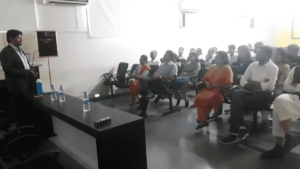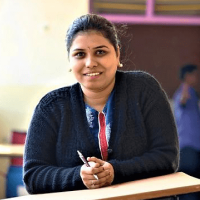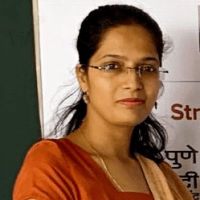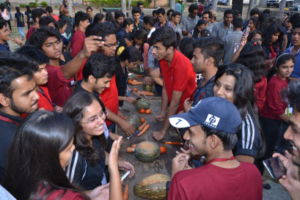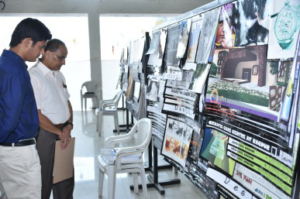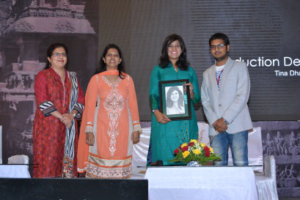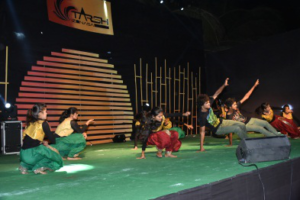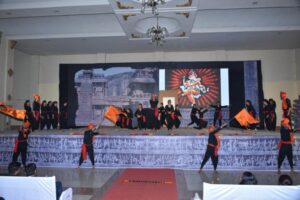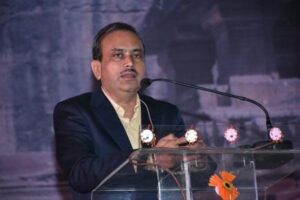The Virtual Laboratory is an interactive environment for creating and conducting simulated experiments. An experiment is set up on a virtual platform i.e. server, a website for users to access through the internet at any time, and any place of the learners’ convenience. It is the software for interactive learning based on simulations of real phenomena. Virtual Laboratory consists of simulation programs, experimental units called objects that encompass data files, tools that operate on these objects, and produce the intended results.
It allows students to explore a topic by comparing and contrasting different scenarios, to pause and restart the application for reflection and note-taking at his / her pace of learning, and to get practical experimentation experience. It is a playground of the learner for experimentation. This allows students to apply what they are learning in a near real-world setting long before they ever could in the real world.
A virtual laboratory is an on-screen simulator or software that learners use to test ideas and observe results. These virtual laboratories allow the learner to “tinker” with laboratory equipment that behaves in almost the same way as it would in a real environment. Learners perform a series of operations as he/she would do in a physical laboratory procedure. These operations would yield authentic results. This would help in learning basic and advanced concepts through remote experimentation. Today most equipment have a computer interface for control and data storage. It is possible to design good experiments around some of this equipment which would enhance the learning of a student. Virtual Labs are effective and realistic because these provides additional inputs to the students though various tools for learning, including additional web-resources, video-lectures, animated demonstrations and self evaluation. One of the major objective of Virtual lab is to share costly equipment and resources, which are otherwise available to limited number of users due to constraints of time and geographical distances
MIT’s Journey
The virtual laboratory journey at MIT began in 2015, with the development of the first laboratory “Computer Networks Lab” in whole of the Marathwada Region. Subsequently, MIT was declared to be a Nodal Centre by Vlabs IITBombay in 2016. By 2017, a major milestone had been achieved by MIT. MIT was recognised as a Virtual Lab Regional Centre of Marathwada Region, IIT Bombay, this is the first Regional centre allotted to the Marathwada Region.
MIT expanded the virtual laboratory community in Marathwada and nearby regions by forming nodal centers at various institutes in Aurangabad, Jalna, Shegaon, Nanded and Lonere.Today, there are 20 Nodal Centres operating under the umbrella of MIT Regional Centre including two major universities: Swami Ramanand Teerth University, Nanded, and Dr. Babasaheb Ambedkar Technological University, Lonere.
Two of MIT students, Naman Chakraborty and Gaurav Kad, were awarded internships at VLabs IIT Bombay. This experience has benefited them a lot by enhancing the technical skills & leadership qualities. Naman was honoured with a souvenir for Vlabs-Dev (Core-Developers@MIT), a T-Shirt with “Naman Chakrawarti-40” printed on it, as a token of appreciation for his sincere efforts.
The Regional Centre activities got a boost after MIT organized national level V labs Boot Camp in coordination with IIT Bombay in Feb 2019. MIT was the first Private Unaided Engineering Institute to organize such an event. A total of 21 teams from Mumbai, Pune, Solapur, Nanded, Shegaon, and Aurangabad participated in the event. 114 participants trained (Faculties and students) and developed 21 vlab experiments in different streams which are hosted on IITB Portal www.iitb.ac.in. 18 out of 21 were given a ‘Silver Certificate’ for content development, based on their performance.
The virtual lab at MIT grew as a community building and outreach developing activity. MIT faculty members, Dr. Bhagwan Toksha, Dr. Prashant Gupta, Mr. Trishul Kulkarni, Dr. Abhilasha Mishra, Mrs. Sushma Deshmukh and Mr. B. Rajaguru who were participants in the boot camp evolved as National reviewers/Mentors in subsequent events organized by Vlabs IITBombay.
Dr. Bhagwan Toksha, Dr. Prashant Gupta, Mr. Trishul Kulkarni, Mrs. Sushma Deshmukh and Mr. B. Rajaguru were mentors during Bootathon at REC, Banda for various domains.
Dr. Bhagwan Toksha, Dr. Prashant Gupta, and Mr. Trishul Kulkarni were designated as Mentors for vlab “Knockdown the lockdown- KTL online BOOTCAMP”, March 2020.
Dr. Bhagwan Toksha & Dr. Prashant Gupta were the speakers for national level Bootcamp organized by REC, Banda. And Dr. Bhagwan Toksha has contributed as a resource person for the national webinar on New Horizons for E-Learning in Higher Education.
Dr. Bhagwan Toksha, Dr. Abhilasha Mishra, Dr. Prashant Gupta, Mr. Trishul Kulkarni, Preeti Mishra and Mr. B. Rajaguru were the resource persons at outreach programs at SRTMU Nanded and Dr BATU, Lonere.
MIT is committed to enhance teaching capabilities & learning opportunities for the student and serve society at large through education and training.

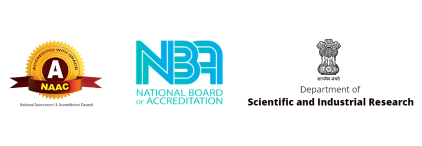
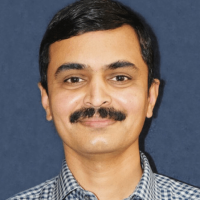
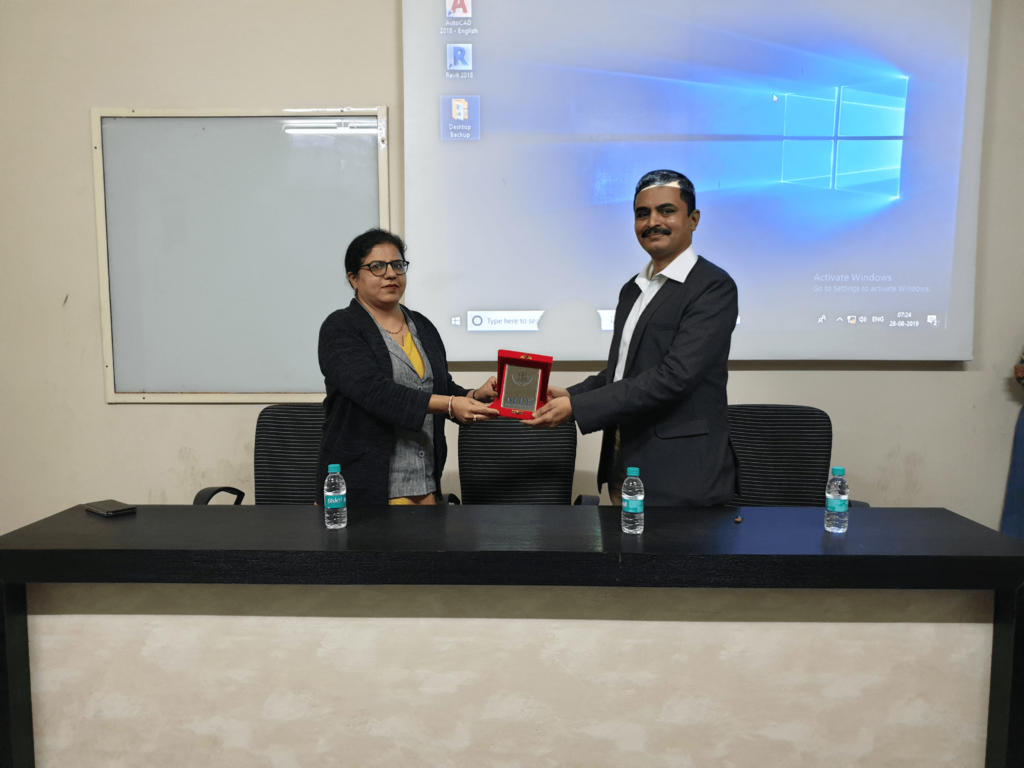
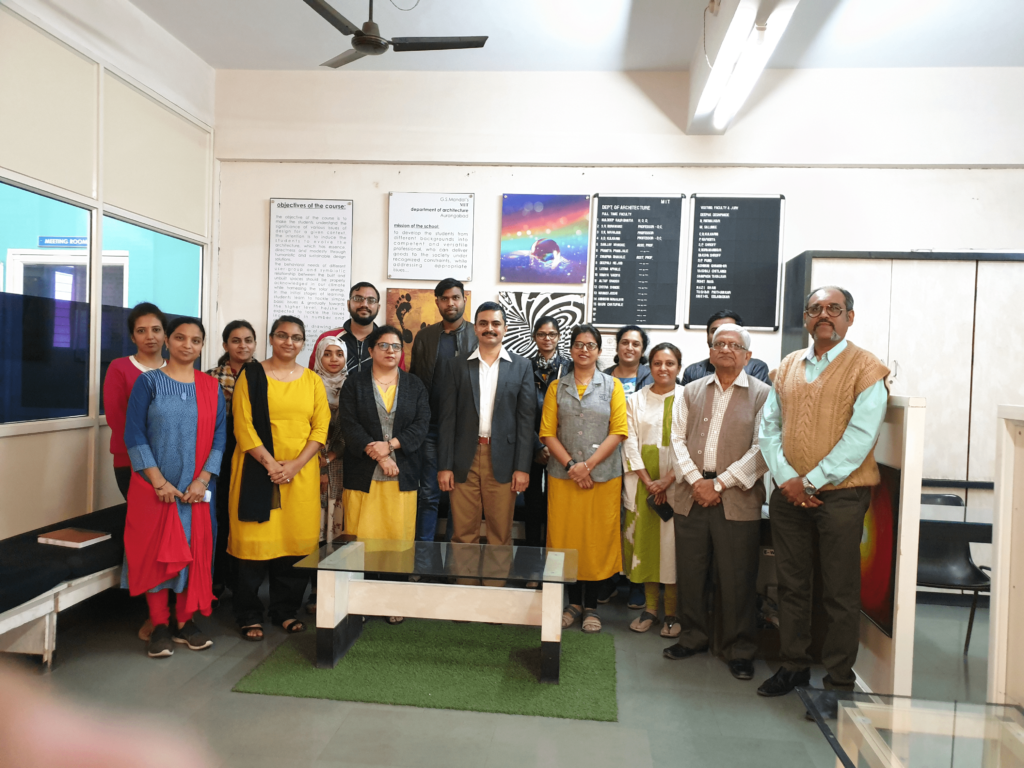
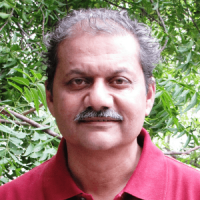
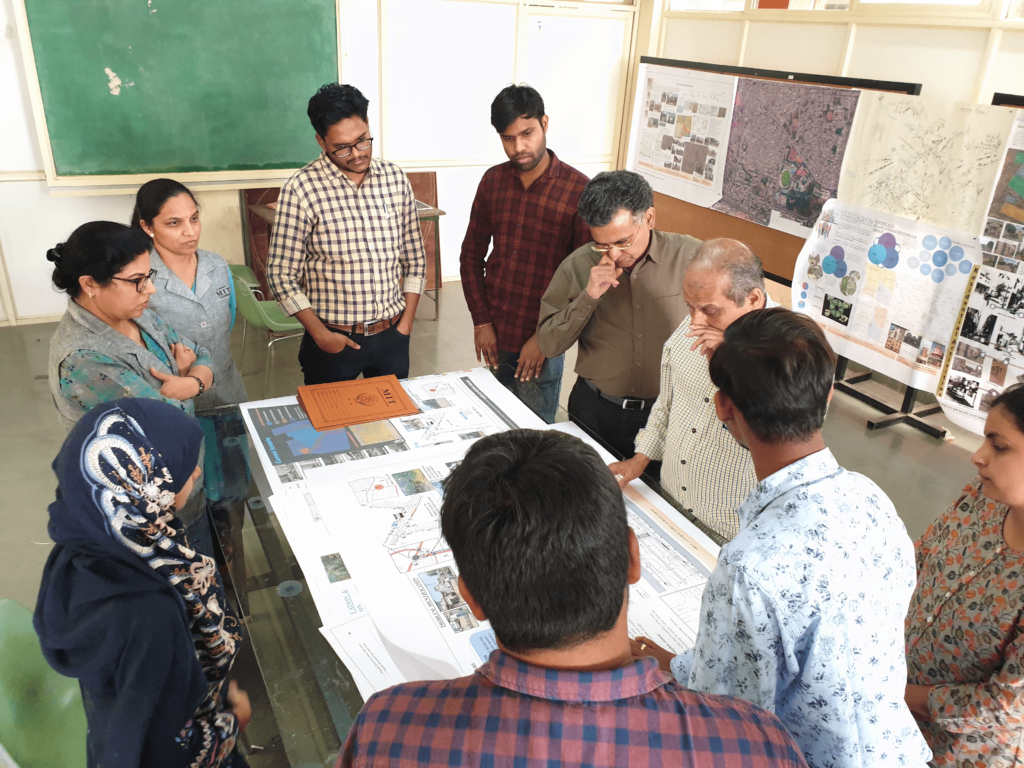
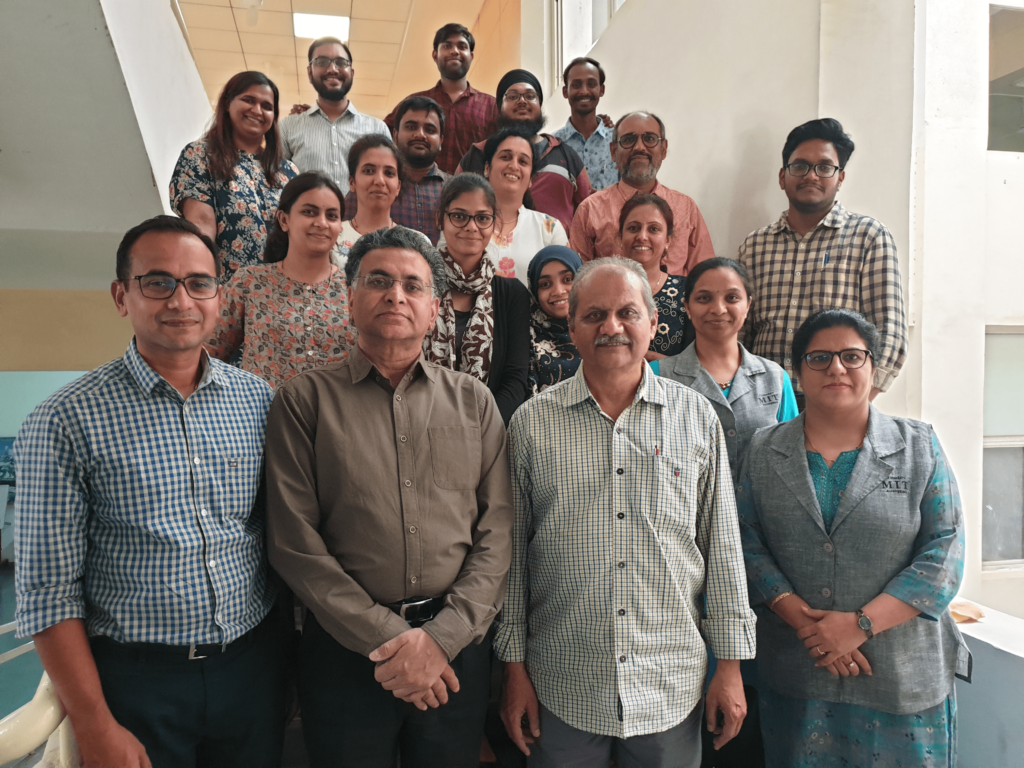
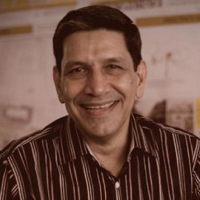
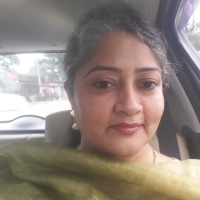
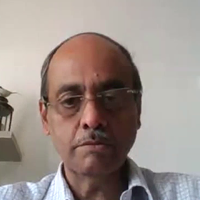
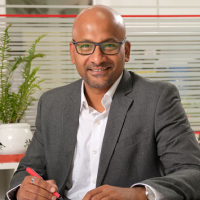
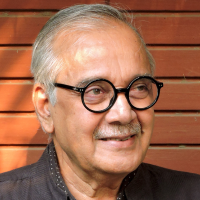
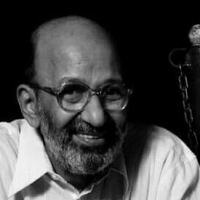
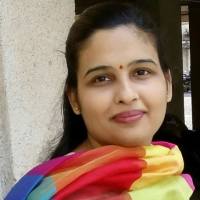
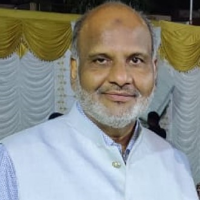
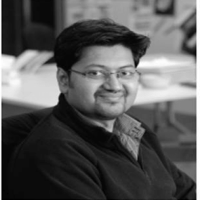 Introduction of Expert
Introduction of Expert